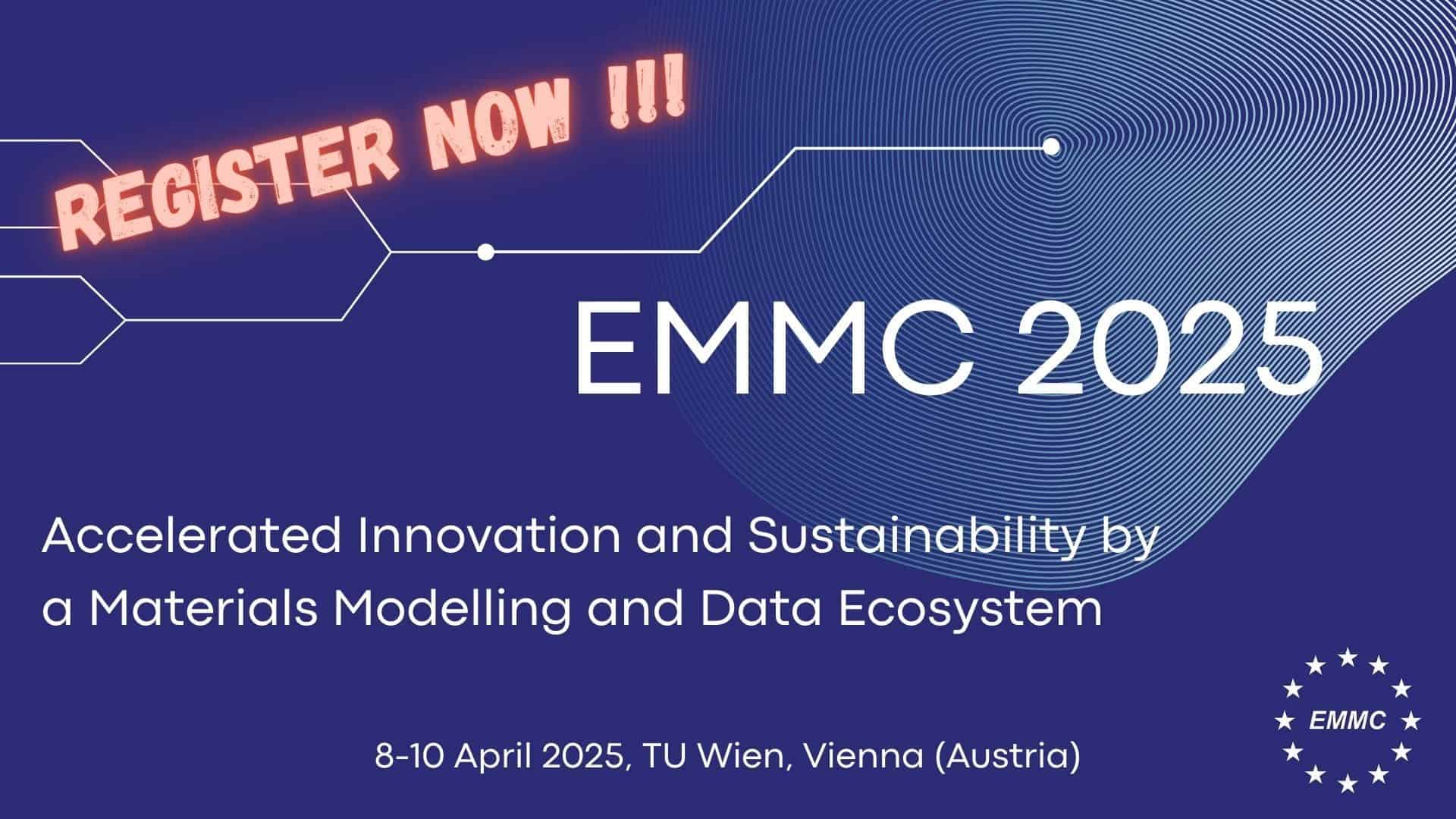Data-driven materials modelling is gaining ground in the field of materials prediction and characterization, but does this imply that fundamental theories and computer simulations based on scientific knowledge are made redundant?
Well, even in a data-driven world, the data bases needed to train machine learned models are often rooted in traditional atomistic simulations. Another example is mesoscopic models that often build on electronic and atomistic information derived from quantum mechanical and force-field calculations, as such may be easier and cheaper to perform than to undertake complex experiments. Furthermore, physics/chemistry based models can provide unique information to assist in the interpretation of experimental measurements – insight that data-driven approaches cannot give.
Or can they?
In this session we will discuss perspectives and visions for materials modelling: Is the model accuracy the largest limitation in materials modelling? Will there still be a role for fundamental theories and science-based models in materials modelling? Is multiscale modelling moving forward? How different are the needs and expectations from academic and industrial users? Will the applications determine the next generation methods?
Materials Modelling 2.0
by Mike Payne (Cavendish Laboratory, University of Cambridge, UK)
Physics-based vs data-driven modelling for energy applications: opportunities and challenges
by Luca Bergamasco (Politecnico di Torino, IT)
Who believes in modelling? Lessons learnt in a European cement research project
by Sophie Schmid (TU Wien, AT)
Who believes in modelling? Lessons learnt in a European SME
by Malgorzata Celuch (QWED, PL)
DISCUSSION
Chairs: Kersti Hermansson (Uppsala University, SE), Maria Alfredsson (University of Kent, UK)
APR 8-10, 2025 | TU Wien | Vienna, Austria
Registration | Program | Poster Contribution | Sponsoring & Exhibition
Join the EMMC 2025 International Workshop to meet peers and discuss advances and future directions in how both accelerated innovation and sustainability are supported by a Knowledge Ecosystem based on materials modelling and data integration.
